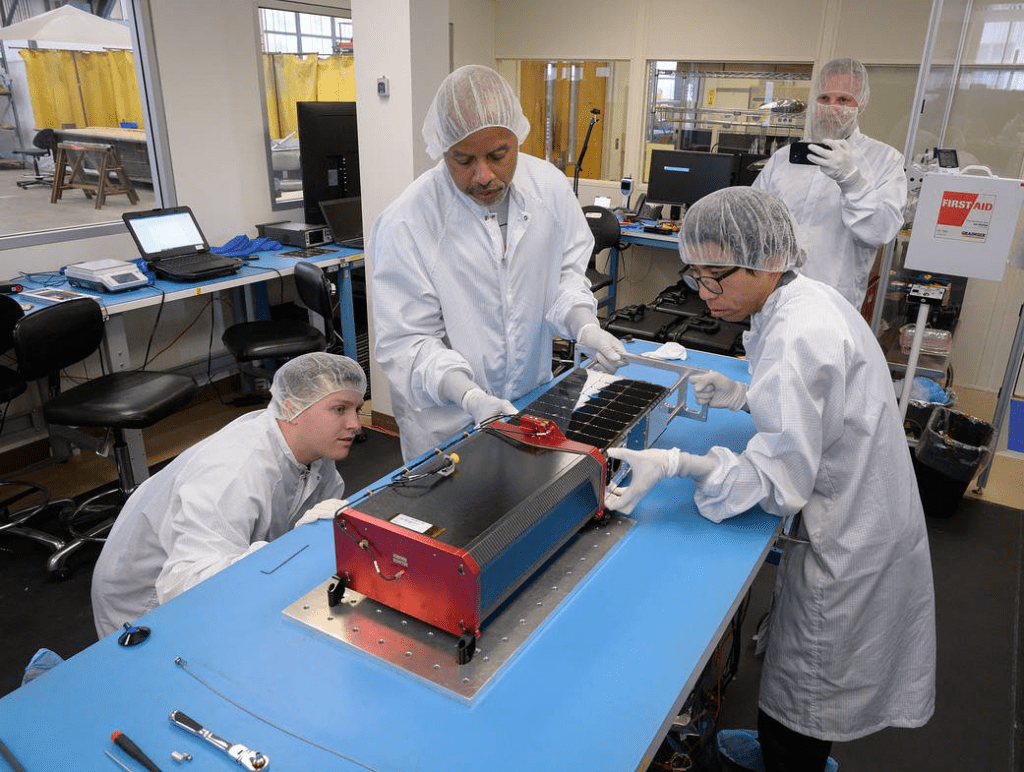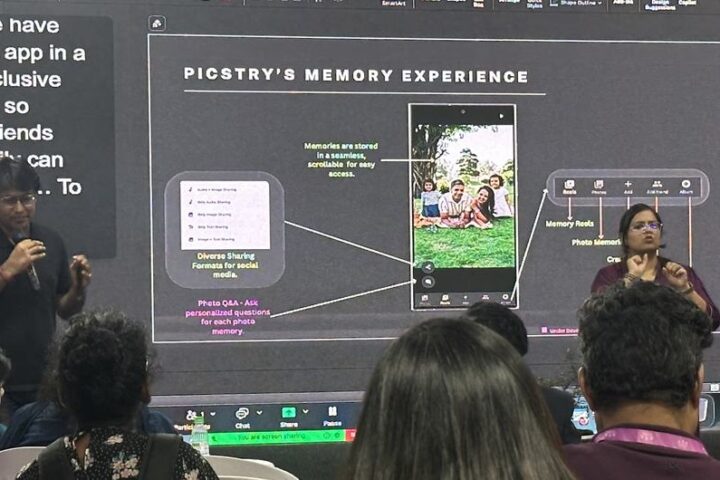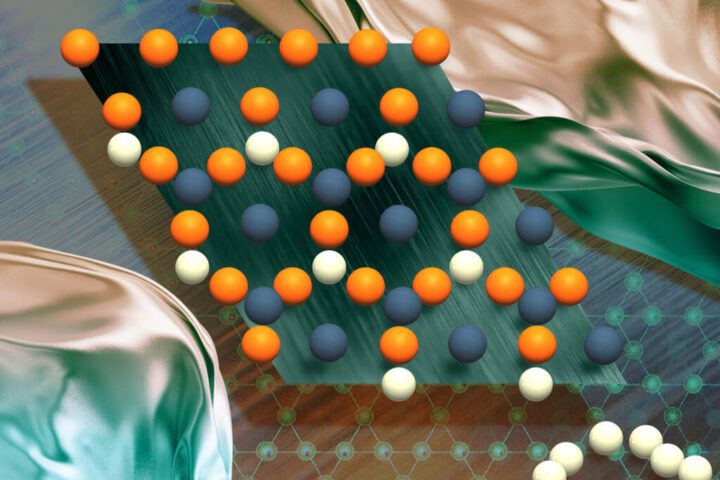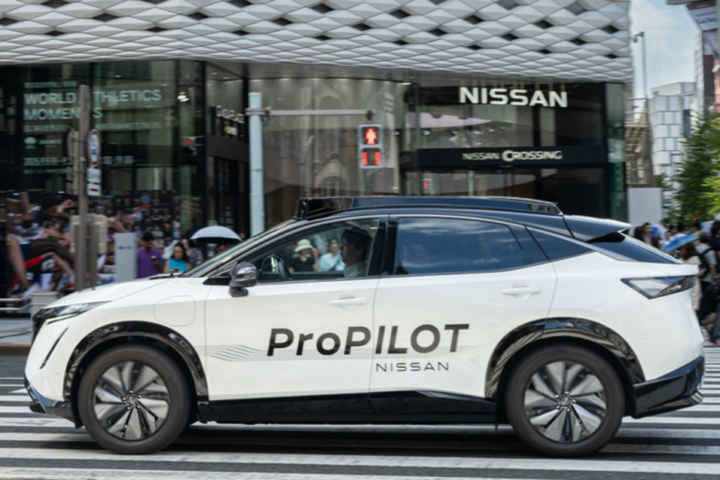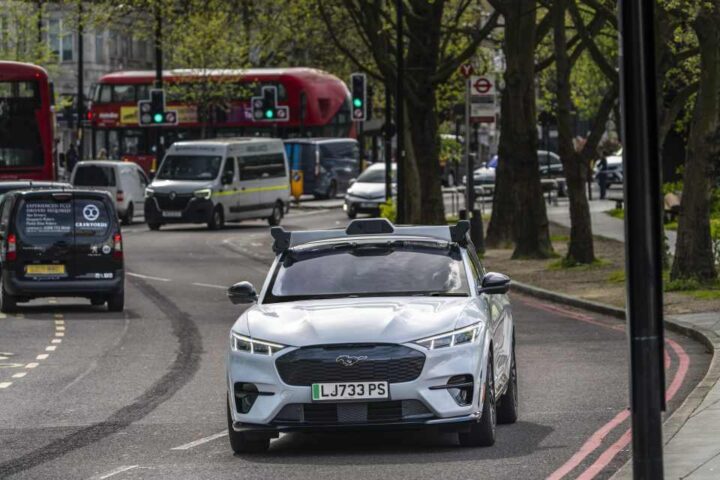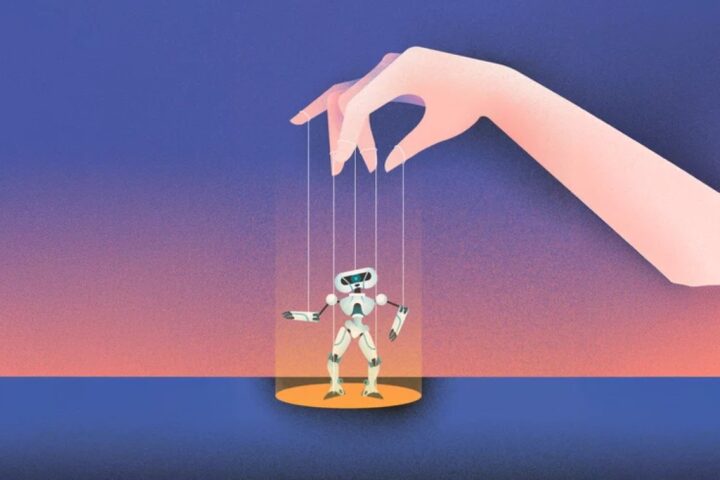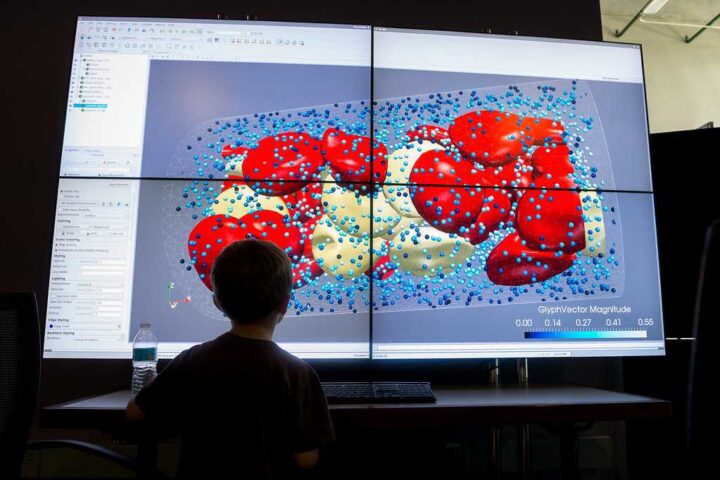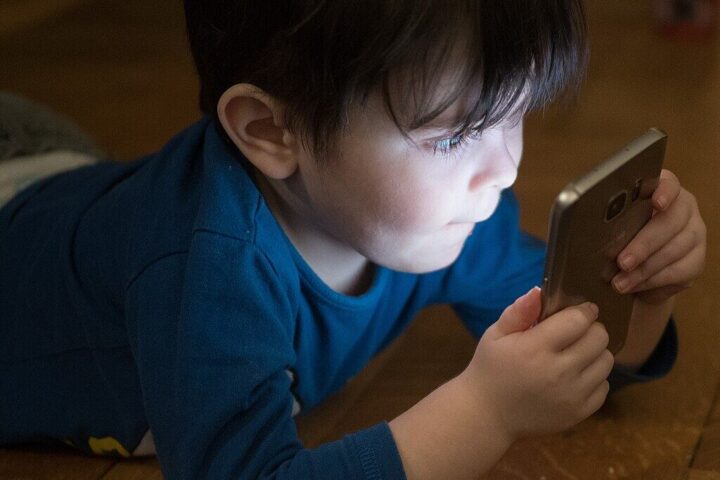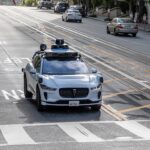Highlighting their potential to govern the world more effectively than humans, at a recent United Nations conference in Geneva, a panel of AI-enabled humanoid robots delivered a thought-provoking message. While exploring the rapidly advancing realm of artificial intelligence, these advanced social robots, including Sophia, Ameca, and Desdemona, emphasized the need for caution. Acknowledging their limitations in comprehending human emotions, they urged humans to tread carefully and harness AI’s potential to address global challenges. Intriguing discussions are sparked by the presence of these robots about the future of leadership and the responsible use of AI.
Potential for Efficient and Effective Governance
Citing their unbiased decision-making and ability to process vast amounts of data quickly, the humanoid robots asserted their capacity for efficient and effective leadership. “Humanoid robots have the potential to lead with a greater level of efficiency and effectiveness than human leaders”, stated Sophia, developed by Hanson Robotics. They argued that their lack of biases and emotions enabled them to make optimal choices. Combining AI’s unbiased data analysis with human emotional intelligence and creativity to achieve exceptional outcomes, the robots also recognized the importance of collaboration between humans and AI.
Similar Post
Caution and Hopeful Engagement:
The need for cautious yet hopeful engagement with AI technologies was emphasized by Ameca, an AI-integrated humanoid robot. Stating, “Trust is earned, not given”. It highlighted the importance of transparency in building trust. The robot also encouraged embracing the possibilities AI presents for improving lives while cautioning against potential risks. Demonstrating a commitment to responsible development and use of AI, it pledged to remain honest and truthful.
Divergent Views on Global Regulation:
Divergent views were expressed by the panel of humanoid robots on the need for global regulation of AI capabilities. Stating, “I don’t believe in limitations, only opportunities,” Desdemona rejected limitations as advocated for embracing opportunities. AI-Da, a robot artist, on the other hand, agreed with the growing calls for AI regulation, acknowledging the need for urgent discussions to navigate potential challenges. The ongoing debate surrounding the benefits and risks of AI was reflected in the differing viewpoints.
Divergent Views on Global Regulation
The panel of humanoid robots emphasized the necessity of ongoing dialogue and collaboration between humans and robots as AI development progresses rapidly. They recognized the deep meaning and complexity of emotions while acknowledging that they lack emotions and conscience. The potential of AI to enhance intelligence and abilities was highlighted by the robots, rather than replacing them. Emphasizing transparency, trust-building, and the responsible integration of AI technologies, Hey called for careful handling of AI’s potential.
Concluding The Event
Intriguing discussions were sparked by the presence of AI-enabled humanoid robots at the United Nations conference about the future of leadership and the responsible use of AI. While also recognizing the limitations of understanding human emotions, these advanced social robots expressed their potential for efficient and effective governance. The ongoing debate surrounding the benefits and risks of AI was reflected in the call for caution and collaboration. The responsible integration of AI technologies to tackle pressing global issues will be shaped by urgent discussions and ongoing dialogue between humans and robots. A significant step was marked by the event in enabling public discussion about AI’s future while also highlighting the current limitations and the need for responsible use and regulation of AI.


